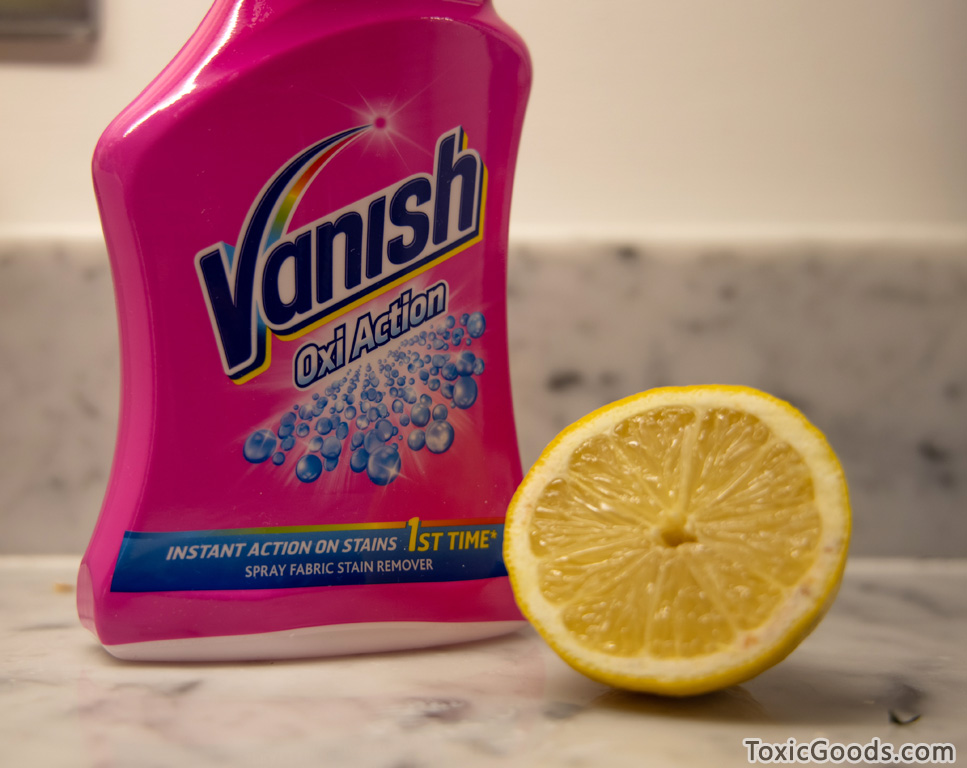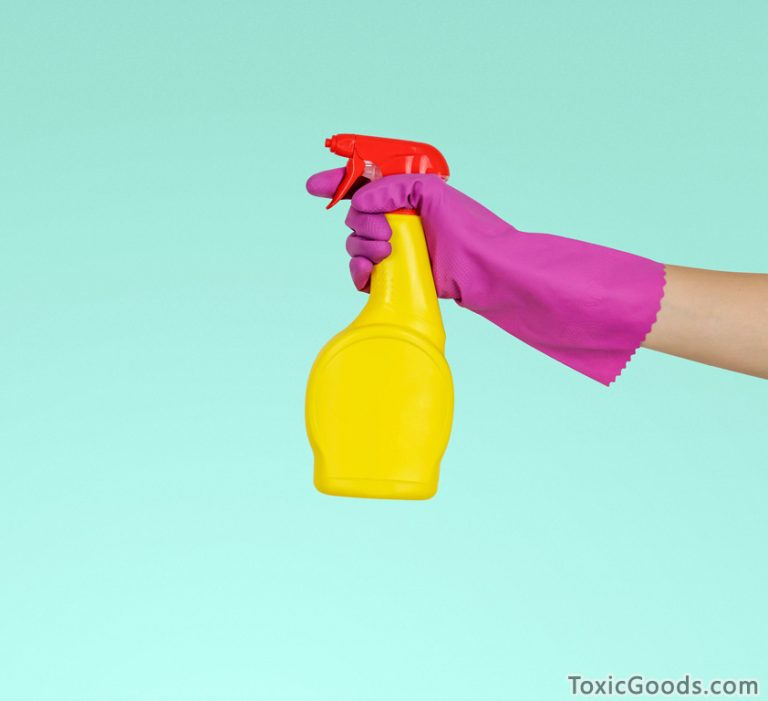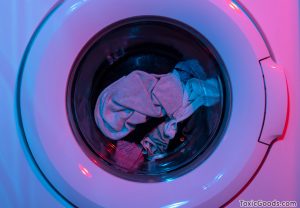Common household chemical products and their known dangers
Household chemicals can vary in their toxicity levels depending on their composition and intended use. It’s important to handle all chemicals with care and follow the instructions provided by the manufacturer to ensure your safety.
Here are just a few out of hundreds of common household chemicals and their potential toxic effects.
 Note that these products are often stored in plastic containers that leach all these common chemicals on a molecular level through the containers, causing a lifetime of household pollution. Inhaled on a daily basis at low concentrations, these chemicals dramatically damage the human body leading to what seems like unrelated diseases.
Note that these products are often stored in plastic containers that leach all these common chemicals on a molecular level through the containers, causing a lifetime of household pollution. Inhaled on a daily basis at low concentrations, these chemicals dramatically damage the human body leading to what seems like unrelated diseases.
Bleach. Bleach is a strong disinfectant and can be toxic if ingested or inhaled in high concentrations. It can cause irritation to the skin, eyes, and respiratory system. Mixing bleach with ammonia or acids (e.g., vinegar) can produce toxic fumes.
Ammonia. Ammonia is often found in cleaning products, window cleaners, and fertilizers. It is highly irritating to the eyes, skin, and respiratory system. Inhalation of high concentrations of ammonia can cause severe damage to the respiratory system and can be life-threatening.
Drain cleaners. Drain cleaners contain strong chemicals such as lye (sodium hydroxide) or sulfuric acid. These substances can cause severe burns if they come into contact with the skin or eyes. Ingesting drain cleaners can be highly corrosive and toxic.
Oven cleaners. Oven cleaners often contain caustic chemicals like sodium hydroxide or potassium hydroxide. These substances can cause burns and irritation to the skin, eyes, and respiratory system. Inhalation of fumes from oven cleaners can be harmful.
Pesticides. Various pesticides are used to control insects, weeds, and other pests. They can be toxic if ingested, inhaled, or absorbed through the skin. Prolonged exposure or misuse of pesticides can have adverse health effects, including respiratory issues, skin irritation, and even organ damage.
 Air fresheners. Some air fresheners contain volatile organic compounds (VOCs) and chemicals like phthalates. Prolonged exposure to these chemicals can irritate the respiratory system, trigger allergies, and may have long-term health effects.
Air fresheners. Some air fresheners contain volatile organic compounds (VOCs) and chemicals like phthalates. Prolonged exposure to these chemicals can irritate the respiratory system, trigger allergies, and may have long-term health effects.
Paints and solvents. Paints, paint thinners, and solvents often contain volatile compounds like toluene, xylene, and formaldehyde. These substances can cause headaches, dizziness, respiratory irritation, and may have adverse effects on the central nervous system with prolonged exposure.
Dishwashing detergents. Some dishwashing detergents may contain phosphates, chlorine, or fragrances that can be irritating to the skin and eyes. Ingesting dishwasher detergents can cause gastrointestinal distress.
Always read and follow the instructions, use proper ventilation, wear protective gear (gloves, goggles, masks), and store chemicals safely out of reach of children and pets. If you have concerns or experience adverse effects from household chemicals, contact a poison control center or seek medical attention immediately.
Storing household chemicals at home
 Storing chemicals at home improperly can indeed pose risks of air pollution and potential health hazards. Here are some key points to consider regarding the safe storage of chemicals to minimize the risks:
Storing chemicals at home improperly can indeed pose risks of air pollution and potential health hazards. Here are some key points to consider regarding the safe storage of chemicals to minimize the risks:
Dedicated storage space
If possible, do not store any chemicals at home. Even common household cleaning products should be stored in a dedicated storage space that is completely isolated from the living space.
Ventilation
Ensure that the storage area is well-ventilated to prevent the buildup of fumes. Proper airflow helps dissipate any potentially harmful gases or vapors that may be released from the chemicals.
Segregation
Store different types of chemicals separately to prevent cross-contamination and chemical reactions. Incompatible chemicals can produce toxic fumes or even explosions if they come into contact with each other.
Secure containers
Use appropriate, tightly sealed containers specifically designed for storing chemicals. Make sure the containers are in good condition and not leaking. Original packaging with proper labels is preferred.
Temperature control
Some chemicals are sensitive to temperature and can become more volatile or reactive when exposed to heat. Store chemicals in areas where temperature fluctuations are minimal, and avoid storing them near sources of heat or direct sunlight.
Locking and childproofing
If you have children or pets at home, ensure that the storage area is secure and inaccessible to them. Use locking cabinets or safety latches to prevent accidental exposure or ingestion.
Hazardous waste disposal
Properly dispose of any expired or unused chemicals as hazardous waste. Contact your local waste management authorities or recycling centers for guidance on how to safely dispose of specific chemicals.
By following these guidelines, you can help minimize the risk of air pollution and potential harm associated with storing chemicals at home. It’s essential to prioritize safety and be aware of the potential hazards of the chemicals you have in your household.
